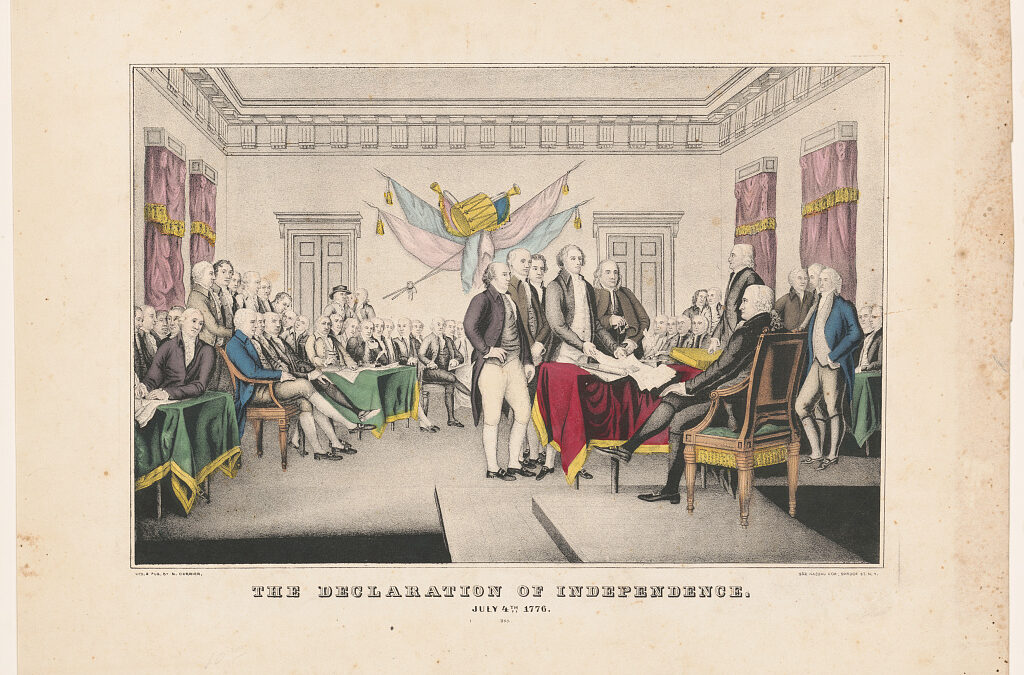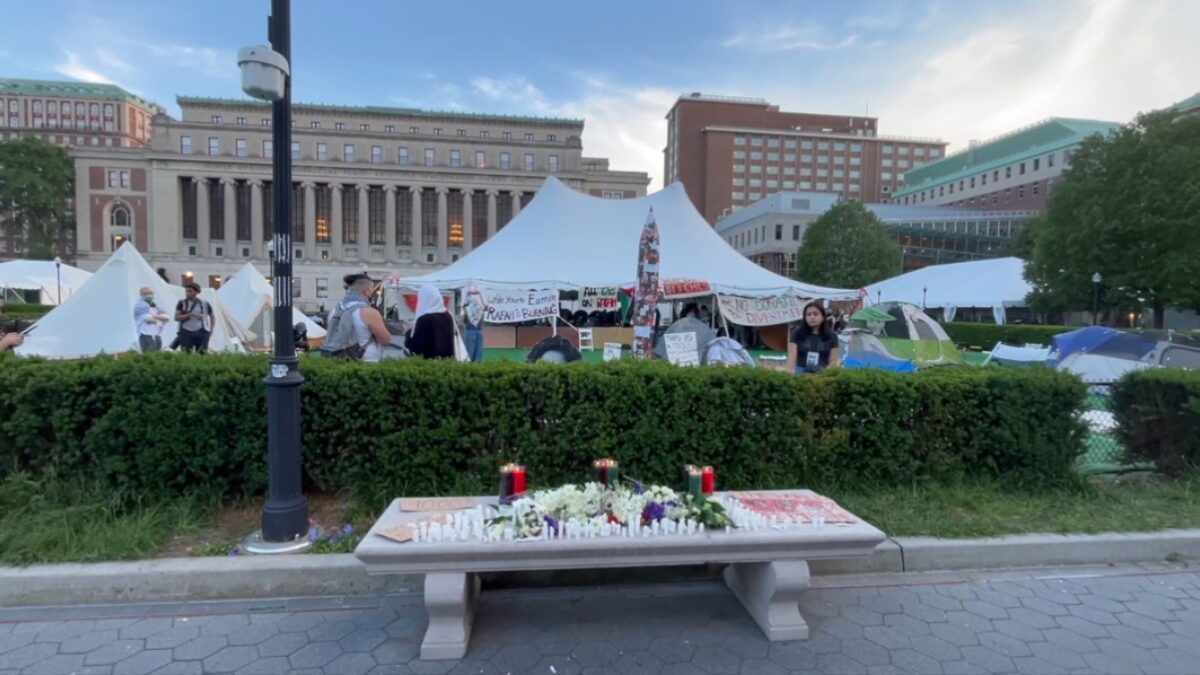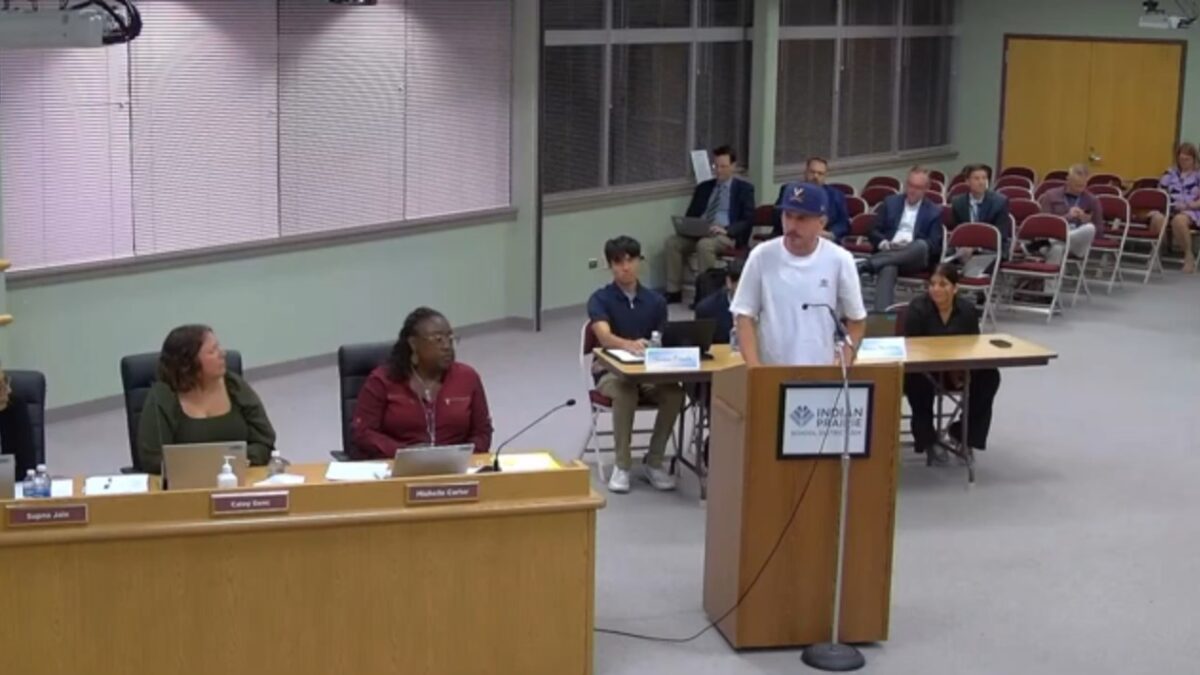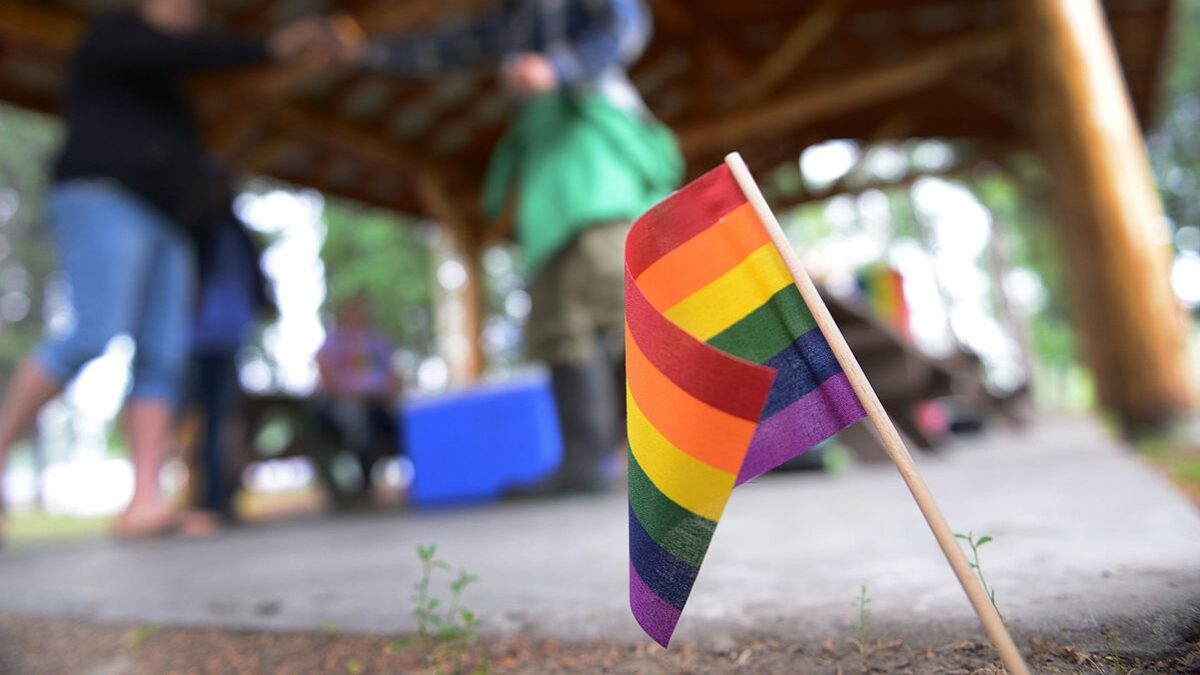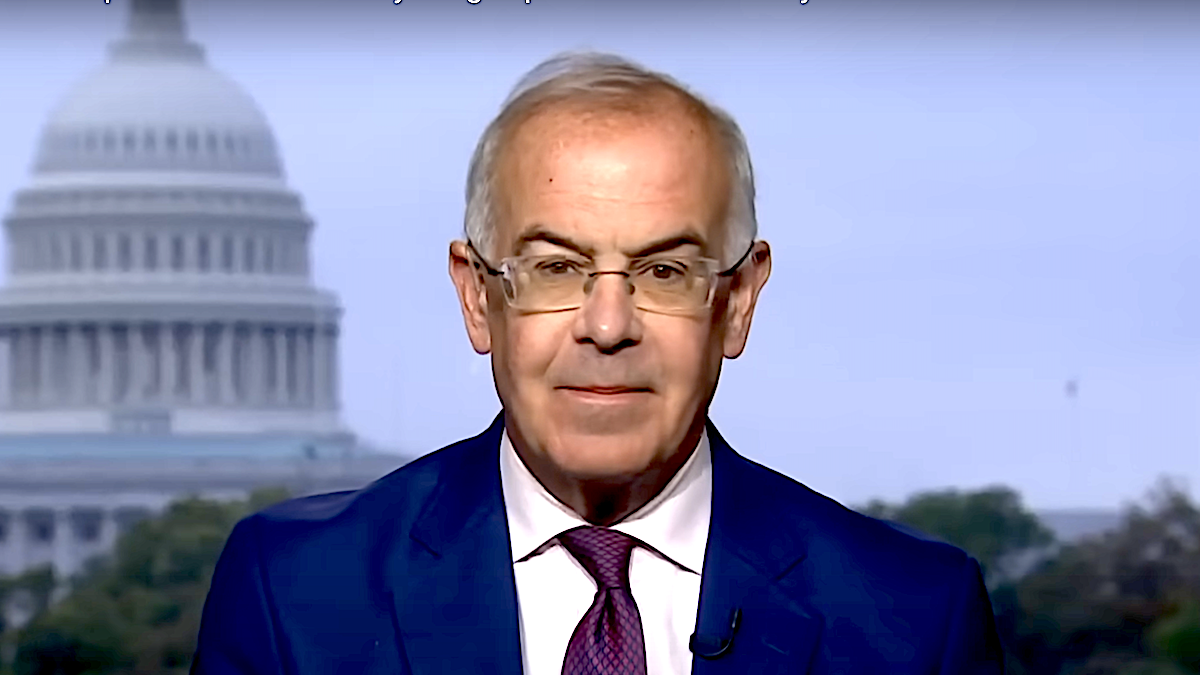
On April 23, Loyola University Chicago, a Catholic, Jesuit university (and my soon-to-be-alma mater), will host transgender advocate and “Orange is the New Black” star Laverne Cox.
The event at Loyola is part of a nationwide speaking tour Cox has been engaged in since at least January, when she visited Missouri State. She has also visited George Washington University, the University of Pittsburgh, the University of Toronto (Canada), Arizona State University (ASU), Illinois State University, and will speak at Wichita State later in April. Notably, Loyola is one of two Catholic universities at which Cox spoke (the other being fellow Jesuit school Marquette University in Wisconsin).
Cox’s speeches at other universities have generally been the same. “What I have to ask is, ain’t I a woman?” she asked at George Washington University. At the University of Pittsburgh, she spoke about “her experiences as a transgender black woman” and “her experiences from childhood to adulthood, including her time in school and church. She also discussed her spirituality, her gender transition and dealing with her mother’s acceptance of her gender.” And at ASU, she remarked, “‘One of the biggest obstacles facing the transgender community are points of view which disendow our identities, points of view that suggest no matter what we do, we are always and only the gender we were assigned at birth, points of view that suggest that no matter what kind you are, you will never be a woman,’ Cox said. ‘Yet, ain’t I a woman?’”
Given this, why is a Catholic school hosting a transgender advocate on its campus to promote the trans platform?
Open Discourse Doesn’t Require Providing Platforms
Catholic-American universities have a fine line to walk sometimes. On the one hand, they must promote and protect the freedom of speech. On the other hand, they must promote, defend, and protect their Catholic faith. But in what world is it acceptable to host someone who blatantly and unapologetically stands for the exact opposite of what the institution stands for? And how is it acceptable to give such a person a platform to emphasize that opposition? How the university thought this was a good idea defies explanation.
In an attempt to understand Loyola’s rationale for hosting and promoting Cox, I asked a university spokesman to respond to the claim that this event contradicts Loyola’s Catholic and Jesuit identity. In an email from the spokesman, the university defended its decision:
At Loyola, we welcome and foster an open exchange of ideas and encourage debate and sharing differing views and opinions to advance education as we believe such discussion is integral to higher education and our Jesuit, Catholic identity. We believe that discussion around difficult and complex issues results in deeper critical thinking skills and well-rounded citizens. Exploring complex issues with many different perspectives is a mark of strength and vitality and we do not shy away from discussing controversial topics.
I wrote last month about the death of Catholic universities in America. Loyola’s Cox event seems only to back up my assertion that Catholic universities justify these types of events through doublespeak and cognitive dissonance, “saying that permitting an activity or group on campus does not equal endorsement.” Indeed, if Loyola actually believed that permitting an activity tacitly endorsed it, the invitation to Cox would never have left the Department of Programming’s draft folder. It’s worth noting, though, that the event at Loyola is not just being “permitted,” as if some student activists brought Cox to campus at the chagrin of the administration. No, the event is being sponsored by no less than six official university offices. Loyola is not “permitting” anything—it is actively endorsing it.
What Catholics Believe about Sex and Universities
The ramifications of Loyola’s event can be best understood within the context of the Catholic Church’s teachings on human sexuality and the role of the Catholic university in society. St. John Paul II, through his “Theology of the Body” and apostolic constitution “Ex Corde Ecclesiae,” made huge contributions in both of these areas. In the former, the Pope explains how Catholicism interprets what human sexuality is and how it should be respected in the modern world. In the latter, the Pope lays out what the role of the Catholic university is in society, what its duties and responsibilities are to the Church, and how it should approach issues that may be at odds with Catholicism.
The “Theology of the Body” (which is a wonderful piece of literature in its own right) was gradually introduced into Catholicism from 1979 through 1984 in a series of addresses at the Pope’s General Audiences in Rome. The very first address establishes and underscores a central point from the book of Genesis: that God created humans as male and female. From here, John Paul builds another 128 addresses about human sexuality and its meaning in light of Jesus and Christianity. The Church has thus been clear: there is male and female, and the sexes are immutable.
“Ex Corde Ecclesiae,” promulgated six years after the conclusion of the “Theology of the Body,” outlines in great detail the role, responsibilities, and duties of Catholic universities across the world. When it comes to university-society relations the Pope had this to say:
A Catholic University, as any University, is immersed in human society; as an extension of its service to the Church, and always within its proper competence, it is called on to become an ever more effective instrument of cultural progress for individuals as well as for society. Included among its research activities, therefore, will be a study of serious contemporary problems in areas such as the dignity of human life, the promotion of justice for all, the quality of personal and family life, the protection of nature, the search for peace and political stability, a more just sharing in the world’s resources, and a new economic and political order that will better serve the human community at a national and international level…
If need be, a Catholic University must have the courage to speak uncomfortable truths which do not please public opinion, but which are necessary to safeguard the authentic good of society. (emphasis added)
Loyola is—indeed, most Catholic universities are—devoid of “the courage to speak uncomfortable truths which do not please public opinion.” Inviting speakers that are diametrically opposed to the Church, not to dialogue but for self-promotion, speaks to a massive lack of institutional integrity.
How Catholic Universities Should Host Opponents
But hosting Cox needn’t be a stump speech for trans advocacy. I’m not opposed to her attendance in the abstract; she has as much right to come to Loyola as anyone. It’s the way that the university is hosting her that I protest. It doesn’t have to be this way.
In 2013 Loyola’s School of Law hosted Andrew Koppelman, a law professor at Northwestern University and a pro-gay marriage scholar. He came to campus to stump for gay marriage, which the Church vehemently opposes. But also in attendance was Ryan T. Anderson, the well-known traditional marriage advocate. The two squared off in a one-on-one respectful debate over the question, “What is marriage?” Unlike the Cox appearance, Anderson and Koppelman handled an important social issue—that the Church has very strong opinions on—in a manner that didn’t dispose of Loyola’s Catholic identity.
Why couldn’t that have been the case here? This event is a blatant promotion for trans awareness and advocacy; there is no “dialogue” here. But being a Catholic school carries with it a certain set of duties and responsibilities: fidelity, respect for authority, and true dialogue, to name a few. Are these responsibilities set too high for the administration? Or are they just disagreeable to enough people enough of the time that they are cast aside? What’s the point of an institution calling itself Catholic if it can’t respect basic Catholic principles even half the time? Why is a Catholic university hosting and promoting a transgender advocate?
These questions are worth asking and need to be answered. Unfortunately, Loyola seems more intent on fighting the culture wars than standing for the Catholic understanding of the world.
An earlier version of this article incorrectly stated that Loyola was the only Catholic university at which Cox spoke on this tour.


